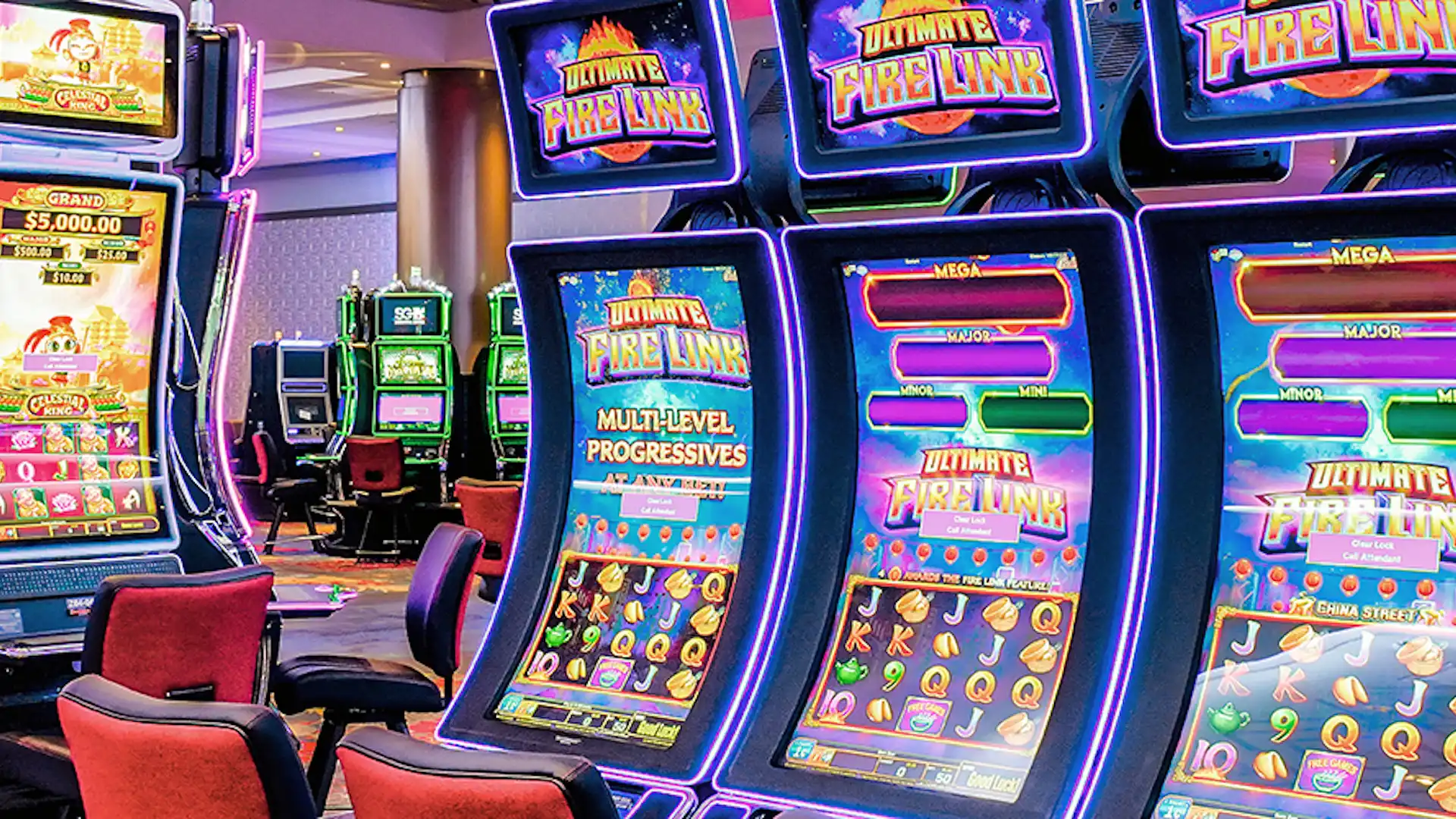
Casino games have enthralled enthusiasts for decades, drawing them into a world of thrill, luck, and prosperity. From the blinking lights of gambling machines to the strategic nature of poker tables, these games offer a unique combination of fun and risk. However, beneath the surface of this glitz and style lies a intricate connection of calculations that shapes every result and action made within the gaming hall.
Grasping this relationship between casino games and math not just boosts the gambling experience but also can help gamblers make informed decisions. Whether you are a occasional gambler or a dedicated follower, recognizing the mathematical principles at play can give insightful knowledge into likelihood, ratios, and approaches, finally influencing how one deals with these games of luck.
Mathematical Likelihood in Betting
In the world of casino games, mathematical likelihood plays a vital role in determining outcomes and informing gambler choices. Every activity has a unique set of regulations and a specific probability model that shapes its mechanics. For example, in games like roulette, players must comprehend the chances of landing a certain digit or color. The probability of certain occurrences happening can be computed, and this understanding can significantly influence betting strategies.
Gambers also need to be cognizant of the casino edge, which is the mathematical benefit that gambling establishments hold over gamblers in the long term. This advantage differs across different activities. In blackjack, skilled players can use tactics to lower the casino edge to as low as 1 %, while in activities like slots, the house edge can be much higher. Understanding the casino edge allows players to make wise decisions about which games to play and how much to wager.
Additionally, probability is fundamental in the concept of danger versus reward in betting. Every wager carries a certain risk level, and gamblers must assess the possible payout against that danger. Activities like the poker game require gamblers to not only compute the chances of their own hand winning but also to assess the probabilities of their rivals’ showings. By applying mathematical concepts to their strategy, gamblers can improve their odds of winning and engage more strategically in the exciting realm of casino activities.
Expected Value in Casino Activities
When discussing casino activities, one of the fundamental ideas rooted in math is the expected worth. This numerical measure helps gamblers grasp the possible outcomes of their wagers over time. In simple terms, expected worth (EV) calculates the mean amount a player can anticipate to win or lose per wager if they were to play the game repeatedly. Each activity has its unique EV, influenced by the odds and the casino advantage, which signifies the advantage that the gambling establishment holds.
For example, think of a activity like the roulette game. The expected value can be calculated based on the particular wager placed. If a gambler bets on a individual number, the return is 35 to 1, but the true odds of success that wager are 1 in 37 (in Euro the roulette game). This results in a detrimental expected worth, indicating that, on the whole, gamblers will incur a loss money over a period when playing this type of wager. Grasping this idea allows players to make more educated decisions about which games and bets may be less advantageous.
Furthermore, the exploration of expected value can lead to improved money management. Gamblers who understand the mathematics behind their games are often able to set practical goals. By acknowledging their potential losses and profits, they can adjust their gambling strategies appropriately, which may enhance their overall gaming experience. Gacam888 As a consequence, expected value serves as a crucial resource for both beginner and seasoned gamblers to navigate the frequently unpredictable nature of casino activities.
Approaches and Chances: The Arithmetic Behind Winning
In gambling games, grasping the chances is vital for players seeking to boost their chances of success. Each activity has its own unique set of chances that determine winning performances, and these figures are often found in the rules of the game rules or payout schedules. For example, in activities like blackjack, gamblers can boost their odds through tactics such as tracking cards, which relies on mathematical principles to gain an upper hand over the house. By acquainting themselves with the probabilities, gamblers can make more educated determinations on when to bet and when to fold.
Moreover, the idea of expected value has a significant role in gambling strategies. Expected value calculates the mean outcome of a stake over the long run, allowing participants to judge whether a specific bet is worth taking. For instance, video slots have a fixed return percentage, which can indicate the expected return a player can anticipate on their bets. By choosing activities with higher expected values, gamblers can minimize the house advantage, enhancing their future winnings in the over time.
Lastly, successful players often utilize a combination of chance and math strategy to enhance their gaming experience. While chance is unpredictable, managing a wagering approach based on mathematical insights can lead to more favorable outcomes. By making use of techniques such as bankroll management and choosing games, players can apply math to maneuver through the unpredictable nature of gaming, making the most of their investments and money at the tables.